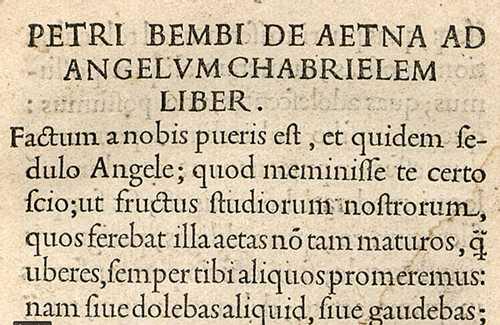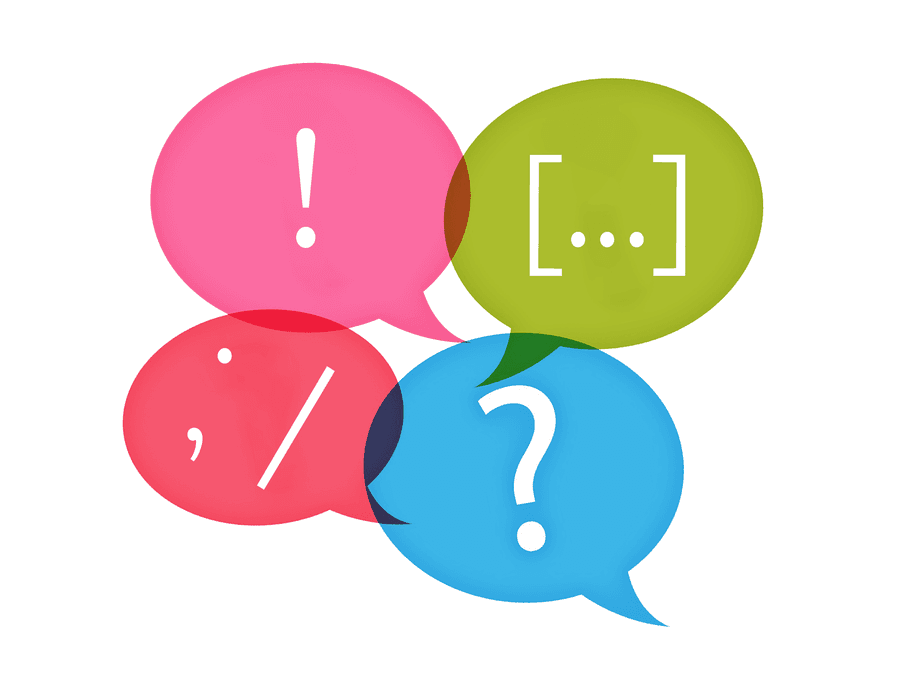Learn more about communication with this collection
The importance of networking in podcasting
How to grow your podcast audience
How to monetize your podcast
Changing Habits Of Punctuation
The digital age combined with short attention spans and time constraints has led to the demise of various punctuation skills like the omission of apostrophes, deliberate spelling mistakes and using abbreviations to a larger extent.
The new generation seems to create a new punctuation-free language of their own which does the job and is largely ignoring many prescribed grammar rules that seem like a relic of an old, elitist era.
113
817 reads
The Blank Space: Early History Of Punctuation
- Early stone inscriptions did not even have the punctuation we all take for granted: The blank space.
- Ancient Greece and Rome had the written word for keeping records of political speeches and texts, which were carefully used by the orator for maximum rhetorical effect and verbal impact.
- In 200 BCE, the Alexandrian Aristophanes worked on easing pronunciation of Greek for foreigners by using small circles to denote pauses, emphasising the rhythm of the sentence.
- The 7th-century encyclopaedist Isidore Of Seville later took up the task of inserting grammar in the same text, inventing the period, the colon and the comma.
105
449 reads
Punctuation In Religious Texts
- The language in the Quran had cantillation marks written above the line to signify the kind of pause required.
- The 9th Century Torah manuscripts show vowel additions and cantillation marks that help in the recitation of the same.
- Modern Arabic and Hebrew texts have similar punctuation marks as many western languages.
The breaks and sonic links were primarily used to aid singing, sense-making and enhancing the beauty of the verses.
105
419 reads
The Middle Ages: The Written Language Evolves
By the middle ages, when the comma, the full stop and the colon had become common, the question mark and the exclamation mark came in the picture, as it became clear that the spoken word was easily understood, but the written word needed emotional emphasis, clarity and intonation to be understood in its true context.
104
298 reads
The Emergence Of Brackets And Parentheses
The Brackets as a form of punctuation came in the 14th century, first used by the Italian scholar Coluccio Salutati.
It was used 1500 years earlier (as a parenthesis) to separate one text from the other, forming a digression. The more subtle usage inside sentences came much later.
106
289 reads
The Printing Press
Invented in 1450, the printing press revolutionized the distribution of books, and along with it, punctuation.
A large number of copies were now possible to be created with ease and a low cost and had the advantage of the replication being identical, paving the way for standardization and legibility.
99
233 reads
History Of The Semicolon
- Printers in many countries like Italy, France and Germany pioneered the use of advanced punctuation like the semicolon(invented by Italian poet Pietro Bembo) in 1494.
- The usage of the semicolon, a way to pause in a sophisticated manner, puzzled many writers(and readers) making them a much-ridiculed form of punctuation for many centuries.
- The prison letters by Martin Luther King Jr. used a series of sentences suspended in the air using the semicolon, adding to the weight of the suppressed black people’s conditions.
- A 2012 reader survey in the Swedish Journal Språktidningen listed the semicolon as a favourite punctuation mark.
104
256 reads
1905: The Comma Strike
In 1905, Russian printers demanded to be paid for punctuation, which according to them requires the same amount of effort and time as any normal letter of the alphabet.
This ‘Comma Strike’ spread as a popular boycott, leading to political turmoil.
105
277 reads
Failed Punctuation Marks
- The Mirrored Question Mark was created in 1575, to denote sarcasm or signal a rhetorical question.
- The Upside Down Exclamation Mark was introduced in 1668, to signal irony.
These new marks and their iterations came in various manuscripts in the 18th and the 19th century but never caught on.
113
319 reads
The Modern Age Of Punctuation
- Full stops are now considered rude in a social media setting as they denote ‘finality’, which is the opposite of the infinite digital scroll seen everywhere.
- Replying with a small word followed by a full stop (sure. ok.) in a digital conversation(like iMessage) feels abrupt and inconsiderate.
- Colons and brackets have a new purpose: capturing the emotions and feelings of the writer to denote context.
107
322 reads
CURATED BY
More like this
9 ideas
How to Exclaim!
themillions.com
2 ideas
What Is Effective Writing? A Definition - Darius Foroux
dariusforoux.com
3 ideas
Read & Learn
20x Faster
without
deepstash
with
deepstash
with
deepstash
Access to 200,000+ ideas
—
Access to the mobile app
—
Unlimited idea saving & library
—
—
Unlimited history
—
—
Unlimited listening to ideas
—
—
Downloading & offline access
—
—
Personalized recommendations
—
—
Supercharge your mind with one idea per day
Enter your email and spend 1 minute every day to learn something new.
I agree to receive email updates

